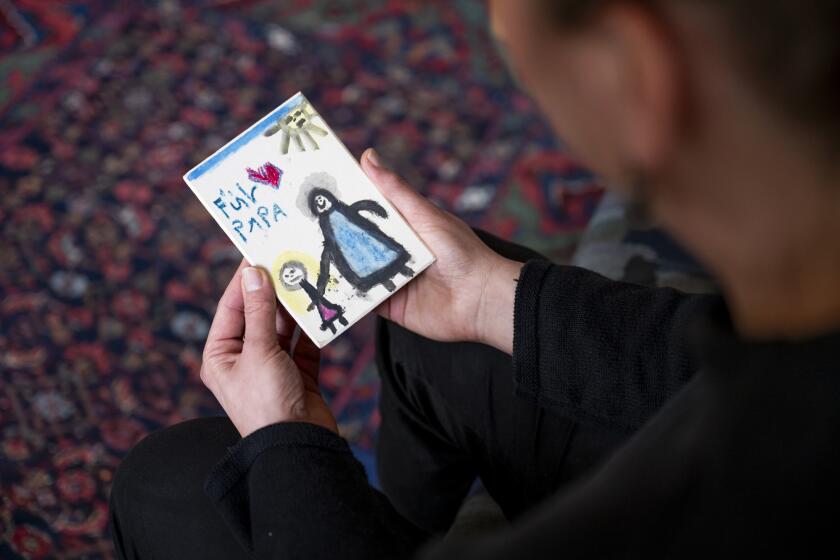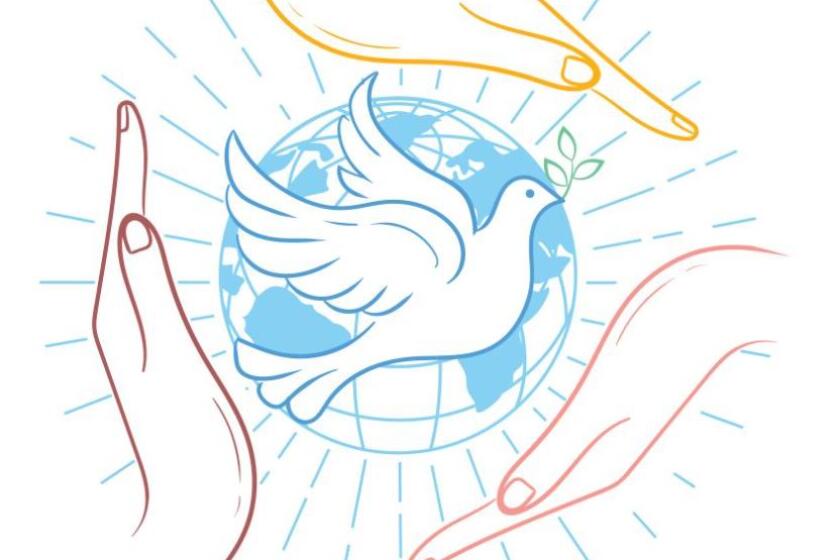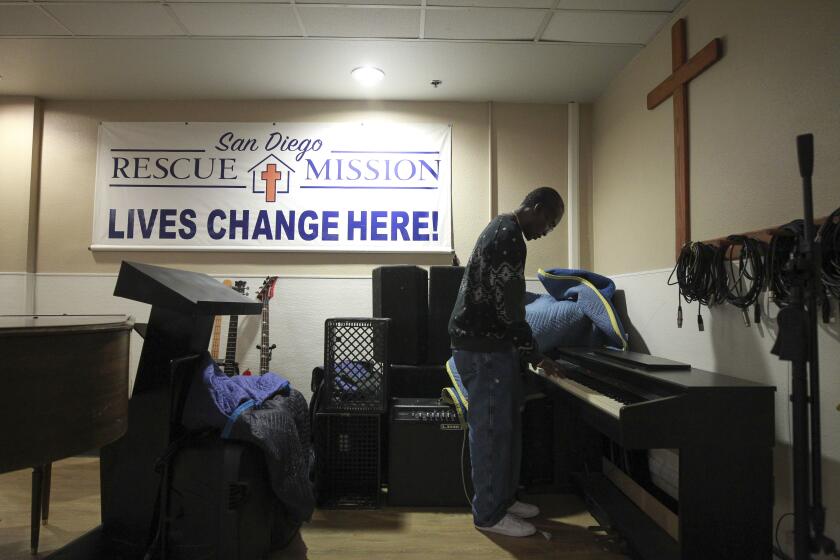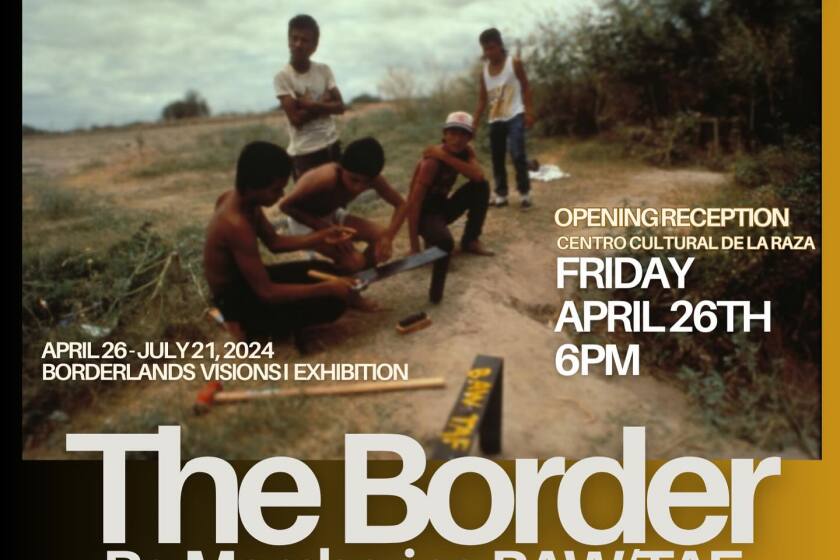100 years ago, a war paused for Christmas
Exactly 100 years ago this Christmas, a true Christmas miracle occurred in the most improbable of places — the bloody trenches of World War I. After months of war and 1 million already dead, an estimated 100,000 troops on both sides just stopped fighting. Ordered by no one on either side, it was never official, but rose up spontaneously from those same trenches. Men who had spent the days before plotting how to kill each other now plotted ways to show their seasonal spirit. The miracle later came to be known simply as the “Christmas Truce.”
Wartime press embargoes covered up the event when it happened, but eventually word leaked out that something miraculous had happened. The Times of London on Dec. 25, 1914, covered it faintly. “Last night, Christmas carols were sung in the British trenches ... in one instance, British and German soldiers sang a hymn together, in tune and sentiment, if not in actual words.” Each high command had issued orders forbidding any fraternization, anxious to avoid anything that might dim their troops’ martial zeal. Years after the war ended, official accounts still downplayed the entire event as almost a myth — a small, isolated incident.
It really happened, though, as dramatic as anything ever before in the annals of war. First-person accounts in letters home from British, Belgian, French and German soldiers testify to what an extraordinary series of events it was. One wrote, “It all happened spontaneously and very mysteriously. A spirit stronger than war was at work that night.”
Christmas Eve was moonlit and cold, freezing the muddy slop of No Man’s Land between the trenches. Allied soldiers all along the front marveled at the eerie quiet, and with no shooting, some climbed out just to walk on solid ground again or to repair their barbed wire barriers. Suddenly, strange lights appeared from all along the German front. More and more lights glowed until their glow and the moonlight revealed what they were — Christmas trees, lit by candles!
The German High Command had sent thousands of Weihnachtsbaume to the front lines for a traditional Christmas celebration. Stunned British troops watched as tree after tree came alive with light and then almost on cue, singing filled the air. First, Stille Nacht, Heilige Nacht (from “Silent Night”) floated across the lines, responded to by impromptu British and French carols. Where either side had any instrument, solo performances were met with cheers or applause. Some sectors of the front experienced brief exchanges, while in others the caroling and festive shouting went through the night.
Christmas morning dawned cold, gray and still eerily quiet, a “hoarfrost of magic and beauty,” one German soldier wrote. Peering over the trenches, which only days before might have meant death, both sides saw the astonishing site of enemies already climbing out and into No Man’s Land. No one carried weapons; instead handshakes and a hearty “Merry Christmas,” “Frohliche Weihnachten,” or “Joyeaux Noel” were the orders of the day.
Greetings were all that transpired in some zones, but in most sectors “Merry Christmas” was immediately followed by a traditional Christmas exchange of gifts. Barrels of German beer given for bottles of cognac, cigars, fruitcakes, sausages — whatever had been sent from the home front was now freely passed to the other side.
In one remarkable meeting, a British soldier was hailed by a German counterpart. “Don’t you remember me, I was your barber in London.” Not only did they actually recognize each other, similar incidents occurred elsewhere because so many Germans had worked in England prewar.
Adversaries began to plan for the future. One British soldier wrote: “I had taken the addresses of two German soldiers, promising to write to them after the war. And I had, vaguely, a childlike idea that if all those in Germany would know what the soldiers had to suffer, and that both sides believed the same things about the righteousness of the two national causes, it might spread, this truce of Christ on the battlefield ... and give understanding where now there was scorn and hatred.”
The truce lasted at least through Christmas, and in some areas, until New Year’s Eve. But it could not ultimately last, with generals on both sides furious when they learned of it, ordering a resumption of hostilities. As Stanley Weintraub wrote in his brilliant book, “Silent Night,” “A celebration of the human spirit, the Christmas Truce remains a moving manifestation of the absurdities of war.” The moment was like the proverbial Christmas star, which shined so miraculously bright, then disappeared.
Get Weekend Opinion on Sundays and Reader Opinion on Mondays
Editorials, commentary and more delivered Sunday morning, and Reader Reaction on Mondays.
You may occasionally receive promotional content from the San Diego Union-Tribune.




